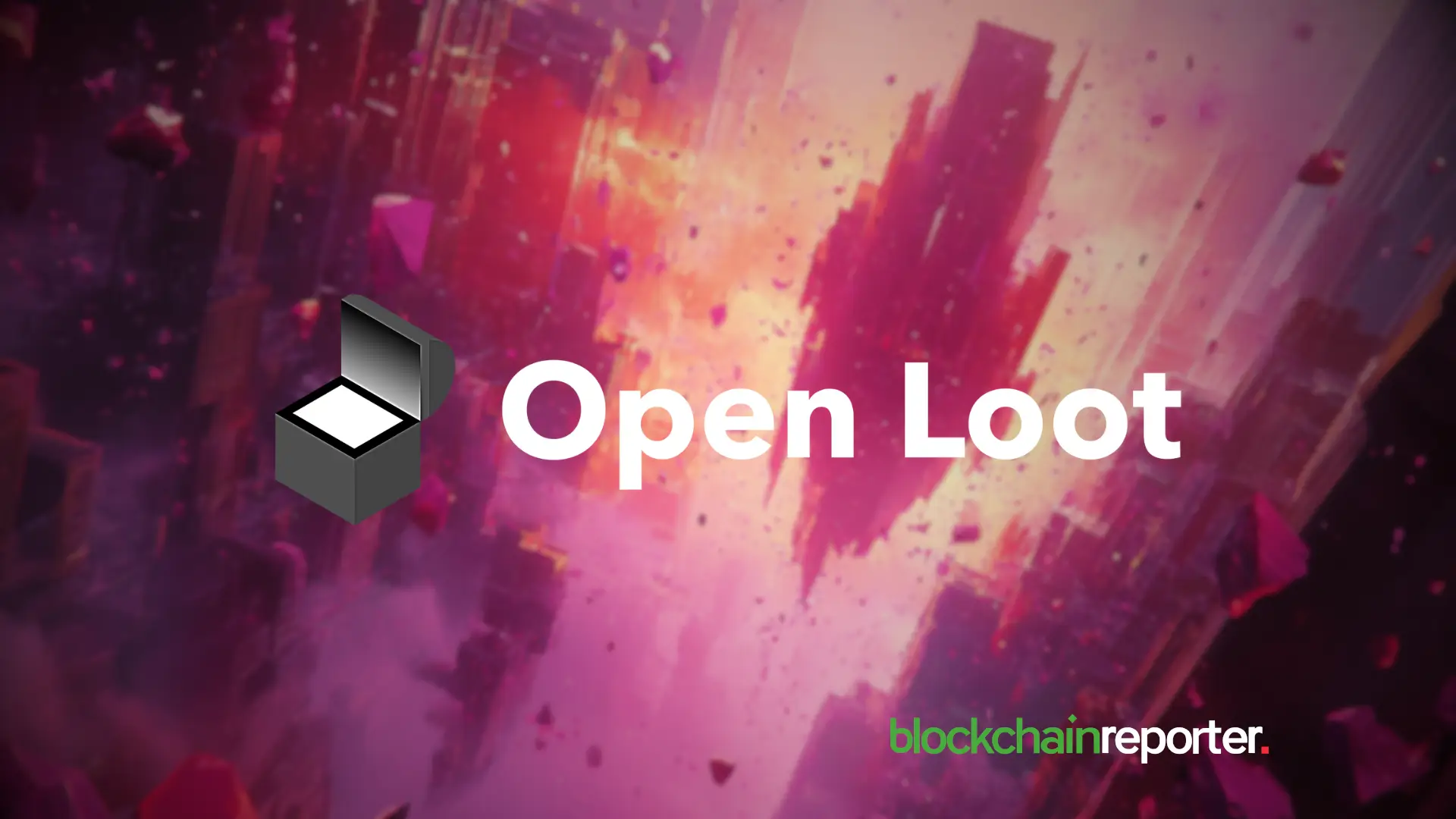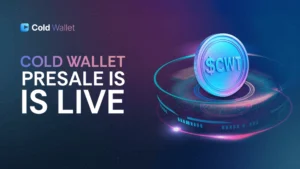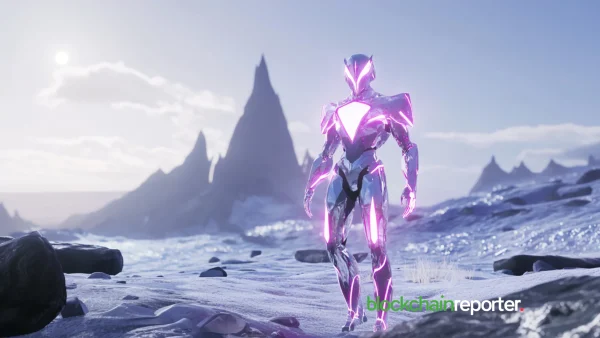
Web3 gaming has spent the last few years chasing headlines.
TGE announcements, roadmap teasers, airdrop hype, and layer-one integrations have flooded the space. But behind the scenes, most games share the same foundational problem. They do not have infrastructure that can support real launches.
Open Loot fixes that problem.
Unlike toolkits that provide one piece of the puzzle, Open Loot delivers a full-stack publishing and operations platform for studios that want to ship real games, with real players, and real economies.
It is not middleware. It is not a wallet. It is not a DEX.
It is everything a modern Web3 game needs to go live, scale, and stay online.
What Open Loot Does That Others Do Not
The platform provides a complete end-to-end infrastructure stack. Every core feature is built in and production-ready.
- White-label wallets that eliminate wallet setup friction
- Global fiat onramps and KYC systems for seamless onboarding
- Marketplace infrastructure designed for real volume and revenue
- Interoperable player identity and inventory across multiple games
- SDKs and publishing tools that compress time to launch
This is not a protocol that needs more integrations.
It is a launch-ready system already supporting games with tens of thousands of players and millions in revenue.
Used by Studios That Actually Ship
The studios building on Open Loot are not chasing tokens. They are delivering experiences.
Worldshards
A world-building MMO with crafting, housing, and player-driven systems. OL handles pre-token events, item minting, and cross-session player identity.
Moonfrost
A cozy life sim focused on farming, narrative arcs, and social design. OL manages its fiat onboarding, compliance layer, and game-native wallet experience.
Desolation
A survival-focused title where item scarcity and player choice drive the economy. OL supports the in-game market, asset minting, and backend logic.
Shatterpoint
A mobile action roguelite with loot-based crafting systems. OL powered the Crystal Forge mystery box sale, enabling gas-free, wallet-free participation at scale.
Boss Fighters
A content-first VR vs PC arena brawler. OL runs account creation, item sync, and inventory control invisibly in the background.
Kokodi
A narrative puzzle game with persistent player profiles and cross-session items. OL handles all backend infrastructure without interrupting the story.
Big Time
A fast-paced dungeon crawler with one of the largest active Web3 player bases. OL supports its real-time transaction load and economy stability.
These games are already live. Their marketplaces are already generating revenue. Their onboarding funnels are already converting players.
They did not build that from scratch. They built on Open Loot.
Infrastructure That Does Not Break
Real infrastructure is invisible when it works and unforgiving when it does not.
Open Loot was designed to reduce failure points at every layer of the launch process.
It is the reason these games do not deal with wallet drop-off, KYC bottlenecks, or post-mint chaos. The stack is stable, scalable, and designed with game studios in mind.
When studios stop spending time on compliance workflows, token logic, and marketplace architecture, they start shipping games that players actually play.
Do More With Less
If your studio is preparing to launch a Web3 game, stop building one feature at a time.
There is already a platform that has everything you need. It is working in production. And it is powering the best games in the space.
Open Loot is the infrastructure layer for real games.
📡 See what is launching next and learn how to build on OL:
Visit the Open Loot News Page









